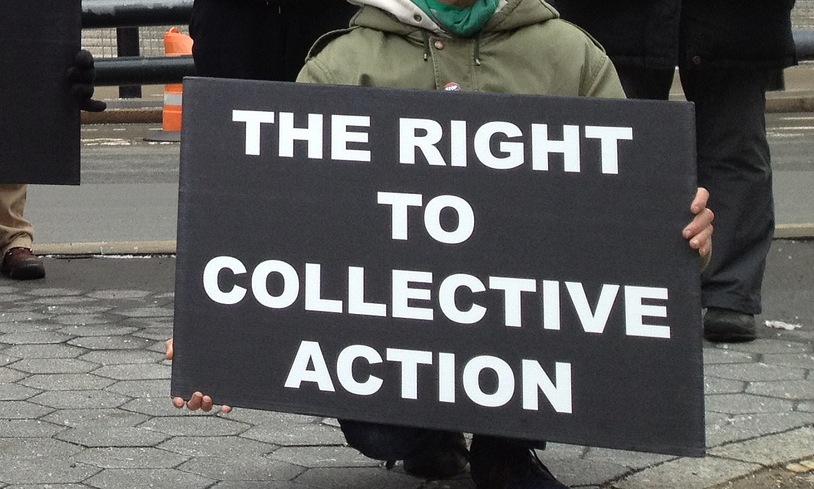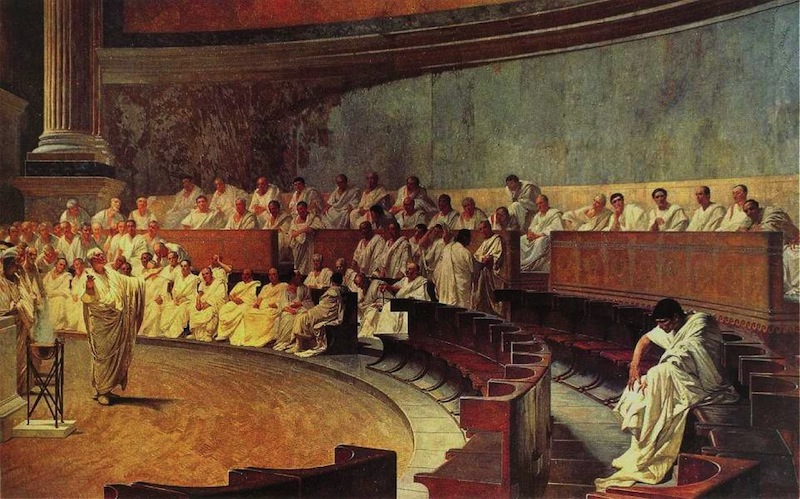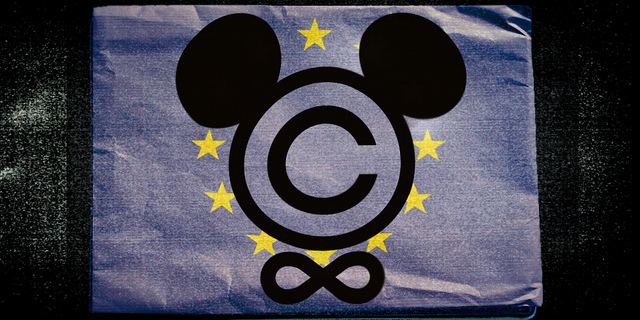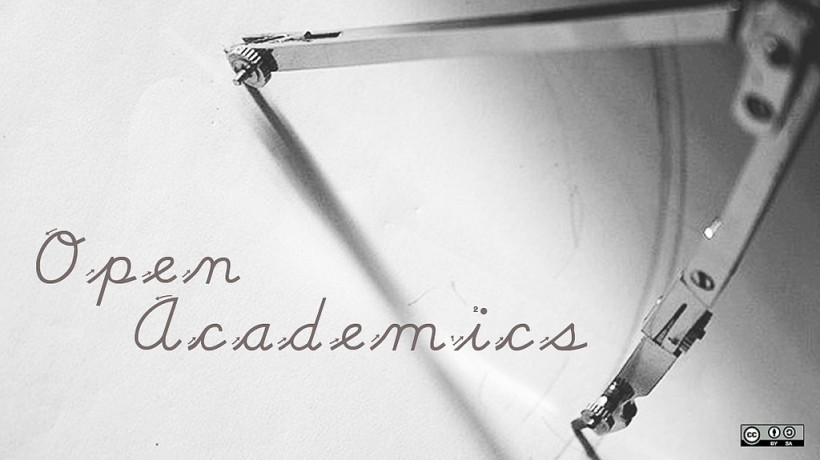There are two big ideas current in modern law. One is expressed in the law of the EU; it is the freedom to do business. The other is the law generated in response to the Second World War; it is the law of human rights.
There has been an effort to bring them together (and an effort to keep them apart). The effort to bring them together is in the Treaty of European Union and the Charter of Fundamental Rights of the EU. The terms of the Charter clearly follow that of the European Convention on Human Rights.
Ostensibly, the politicians of Europe should have no difficulties accepting the terms of the Charter; each member state of the EU is also a member of the Council of Europe and has subscribed to the European Convention on Human Rights.
There are problems, however. The “policeman” of the Convention is the European Court of Human Rights (at Strasbourg). It is overworked and is not perfect. An appeal to Strasbourg can only happen when all the legal avenues of redress in the national system have been exhausted.
Furthermore, within the EU, the national politicians have developed a new power structure in the form of the EU Council of Ministers. As an instance of its power, the national obligation to fully execute European Arrest Warrants came from that body. It introduced a “Framework Decision”; each member state then introduced national laws to comply with its terms.
Significantly, the Framework Decision has as one of its recitals;
“(10) The mechanism of the European arrest warrant is based on a high level of confidence between Member States. Its implementation may be suspended only in the event of a serious and persistent breach by one of the Member States of the principle set out in Article 6(1) of the Treaty on European Union, determined by the Council pursuant to Article 7(1) of the said Treaty with the consequences set out in Article 7(2) thereof.“
The authors of this phrase were politicians. Government Ministers do not normally admit to any defects in their national system of justice. As each expressed “a high level of confidence” in the legal and administrative systems of the others, they received the same accolade for their national system. So, not only did they feel justified, their fellow members in the Council of Ministers expressly told them that they and their systems were justified.
This did not mean that they were justified.
Take the UK. In 2005 it introduced “indeterminate sentences” for some offences, for “public protection”. Eight years later the Irish Supreme Court endorsed the decision of the Irish High Court to refuse to execute a UK arrest warrant under the European Arrest Warrant system. The Supreme Court confirmed that the UK system was in breach of the European Convention on Human Rights (as had the European Court of Human Rights). (The UK request was also invalid under the EU Charter of Fundamental Rights).
The appellant in the Supreme Court was the Minister for Justice Equality and Law Reform. (McGarr Solicitors acted for the respondent in the Supreme Court).
In lodging the appeal he had the benefit of the judgment of the High Court. In so lodging his appeal he was, of course, repeating his expression of “…a high level of confidence…” in the UK system of justice but he was doing it in the face of a High Court judgment that had no such confidence in that system.
Clearly, the word “confidence” has more than its general meaning. What do we mean when we express confidence in the judicial systems of Poland, Estonia, Latvia and Lithuania with their high rates of incarceration of their citizens?
What money will any Minister for Justice etc. allocate to the defence of persons in the grip of judicial systems in which he has “…a high level of confidence…”?











